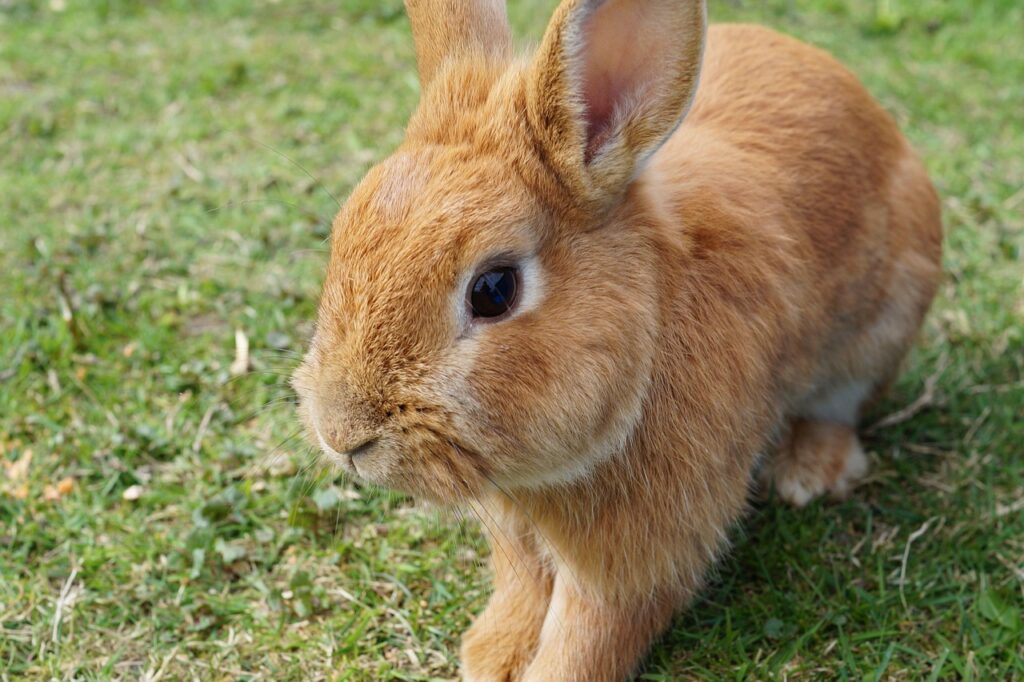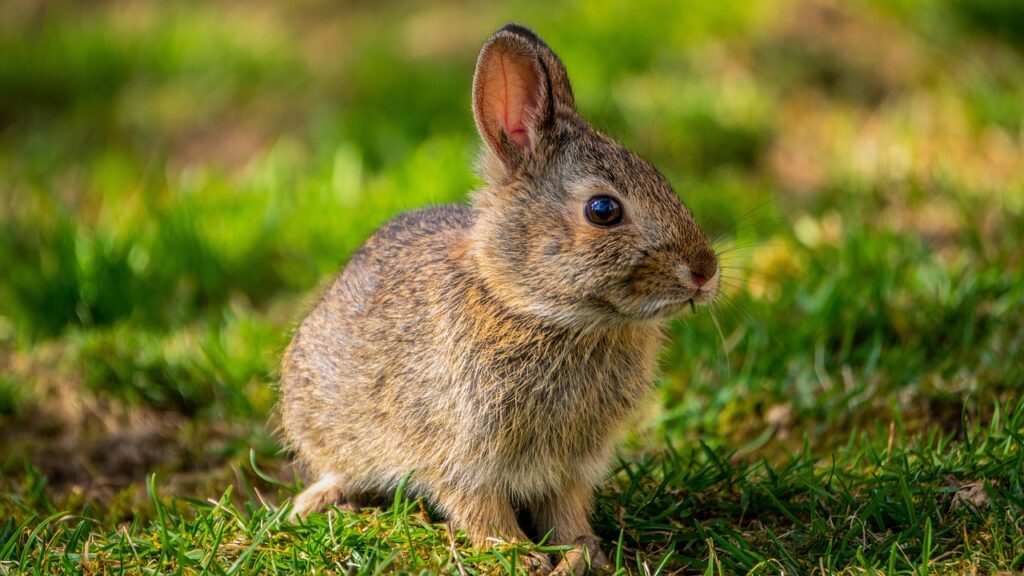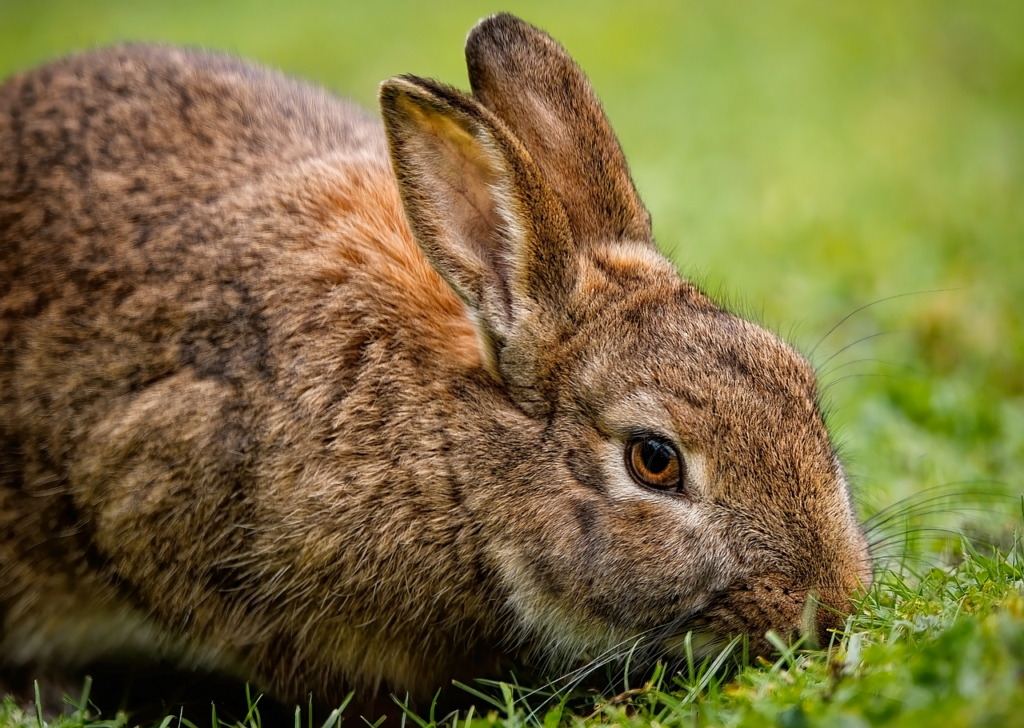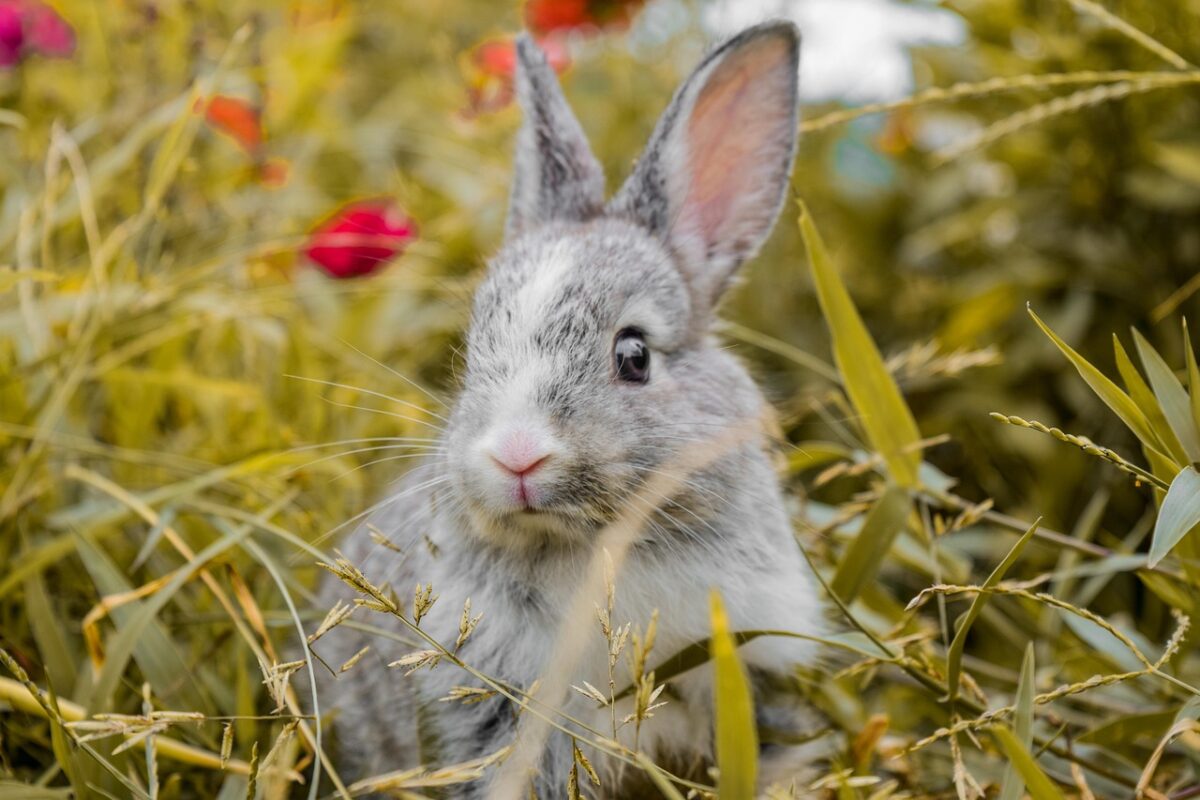Gardening can be a rewarding experience, but it often comes with challenges, especially when it comes to keeping unwanted visitors at bay. One of the most common culprits in gardens are rabbits, which can wreak havoc on your plants if not managed properly. Understanding how to keep bunnies out of your garden is essential for maintaining a healthy and flourishing space. This article provides practical, humane solutions to protect your garden from rabbits while ensuring a safe environment for pets, children, and beneficial wildlife.
Understanding Rabbit Behavior in Gardens

To effectively deter rabbits, it’s important to understand their behavior and preferences. Rabbits are herbivores that favor tender, young plants and greens. They are most active during dawn and dusk, making these times critical for garden protection. Their keen sense of smell and sight allows them to navigate gardens easily, so any measures taken must be both strategic and thorough.
Feeding Habits
- Rabbits are attracted to a variety of plants, including vegetables, fruits, and ornamental flowers.
- They prefer soft, leafy greens and young seedlings.
- Rabbits may also feed on bark and stems, especially during harsher seasons.
Movement Patterns
- Rabbits typically establish a home range and may return to the same feeding spots.
- They can jump up to three feet high and dig under fences, making barriers essential.
Signs of Rabbit Damage
Identifying rabbit damage early can help you take action before significant harm is done to your garden. Here are some common signs to look for:
Visual Indicators
- Cleanly cut plant stems and leaves, often at a 45-degree angle.
- Footprints or droppings in the soil around affected plants.
- Missing plants or seedlings that have been uprooted.
Seasonal Damage Patterns
- Spring: Young seedlings are particularly vulnerable.
- Summer: Established plants may still be at risk, especially tender varieties.
- Fall/Winter: Bark and woody stems may become targets.
Step-by-Step Guide: How to Keep Bunnies Out of Your Garden

Implementing a multi-faceted approach is the most effective way to keep rabbits at bay. This includes using physical barriers, natural repellents, and careful plant selection.
Physical Barriers: Fencing and Netting Solutions
Fencing is one of the most reliable methods to keep rabbits out of your garden. Here are five effective fencing options:
1. Chicken Wire Fencing
- Pros: Inexpensive and easy to install.
- Cons: May not deter larger rabbits; should be buried a few inches underground.
2. Welded Wire Fencing
- Pros: Durable and long-lasting.
- Cons: More expensive and harder to manipulate than chicken wire.
3. Hardware Cloth
- Pros: Strong and effective against digging.
- Cons: Can be pricey and requires careful installation.
4. Electric Fencing
- Pros: Highly effective for deterring all types of animals.
- Cons: Requires electricity and maintenance; safety concerns for pets.
5. Raised Garden Beds with Lattice
- Pros: Elevated beds make it harder for rabbits to access plants.
- Cons: Initial setup can be labor-intensive and costly.
Step-by-Step Instructions for Installing a Rabbit-Proof Fence
- Choose the right fencing material based on your garden’s needs.
- Determine the perimeter of your garden and clear the area of debris.
- Dig a trench about 6 inches deep around the perimeter.
- Install the fencing, ensuring it extends at least 2 feet above ground and 6 inches below.
- Secure the fence with stakes or posts, ensuring it is taut and stable.
- Check for gaps and reinforce any weak points.
Natural and Homemade Rabbit Repellents

In addition to physical barriers, natural repellents can help discourage rabbits from entering your garden. Here are three effective homemade recipes:
1. Garlic and Chili Pepper Spray
- Blend 2 cloves of garlic and 1 tablespoon of chili powder with 1 liter of water.
- Strain the mixture and pour it into a spray bottle.
- Spray around the perimeter and on plants every few days or after rain.
2. Vinegar Solution
- Mix equal parts water and white vinegar in a spray bottle.
- Apply to areas where rabbits frequently visit.
- Reapply after rain or heavy watering.
3. Essential Oil Blend
- Combine 10 drops of peppermint oil with 1 cup of water.
- Spray around the garden, focusing on entry points.
- Reapply weekly for best results.
Plant Choices That Deter Rabbits
Selecting plants that rabbits find unappealing can reduce their interest in your garden. Here are over ten rabbit-resistant plants:
- Lavender
- Thyme
- Rosemary
- Marigolds
- Geraniums
- Foxglove
- Ferns
- Barberry
- Snapdragons
- Hellebores
- Onions
- Garlic
Seasonal Checklist for Rabbit-Proofing Your Garden

Maintaining a rabbit-proof garden requires ongoing attention throughout the year. Here’s a seasonal checklist to keep in mind:
Spring
- Inspect fencing for damage and repair as needed.
- Plant rabbit-resistant varieties to minimize risk.
- Apply homemade repellents after planting.
Summer
- Monitor for signs of rabbit activity and adjust barriers accordingly.
- Regularly reapply natural repellents, especially after rain.
- Trim overgrown plants to reduce hiding spots.
Fall
- Prepare garden for winter by securing fencing.
- Remove debris that can provide shelter for rabbits.
- Consider planting fall crops that are less appealing to rabbits.
Winter
- Check for any signs of damage or weak points in fencing.
- Protect young trees and shrubs with guards or wraps.
- Evaluate your garden layout and plan for next season’s rabbit-proofing strategies.
Troubleshooting: Common Issues and Solutions
Even with the best preventative measures, you may still encounter rabbit issues. Here are some common problems and their solutions:
Persistent Rabbit Presence
- Check for gaps in fencing; rabbits can squeeze through small openings.
- Consider adding a second layer of fencing or a taller barrier.
- Utilize a combination of physical barriers and repellents for increased effectiveness.
Damage Despite Precautions
- Reassess plant choices; some plants may still attract rabbits.
- Increase the frequency of applying repellents, especially during peak feeding times.
- Install motion-activated sprinklers to startle rabbits.
Essential Tools and Safety Tips

Having the right tools can make rabbit-proofing your garden easier and more effective. Consider the following tools:
- Fencing materials (chicken wire, welded wire, etc.)
- Garden gloves for protection while handling materials.
- Spray bottles for homemade repellents.
- Shovels and posts for fencing installation.
- Garden shears for plant maintenance.
Safety is paramount when working in your garden. Here are some tips to keep in mind:
- Ensure that any repellents used are safe for pets and children.
- Avoid using chemicals that could harm beneficial wildlife.
- Always wear gloves when handling fencing materials and plants.
By implementing these strategies, you can successfully keep rabbits out of your garden, allowing your plants to thrive while maintaining a harmonious environment for all living creatures. With careful planning and consistent maintenance, your garden can flourish free from the nibbling of pesky rabbits.
